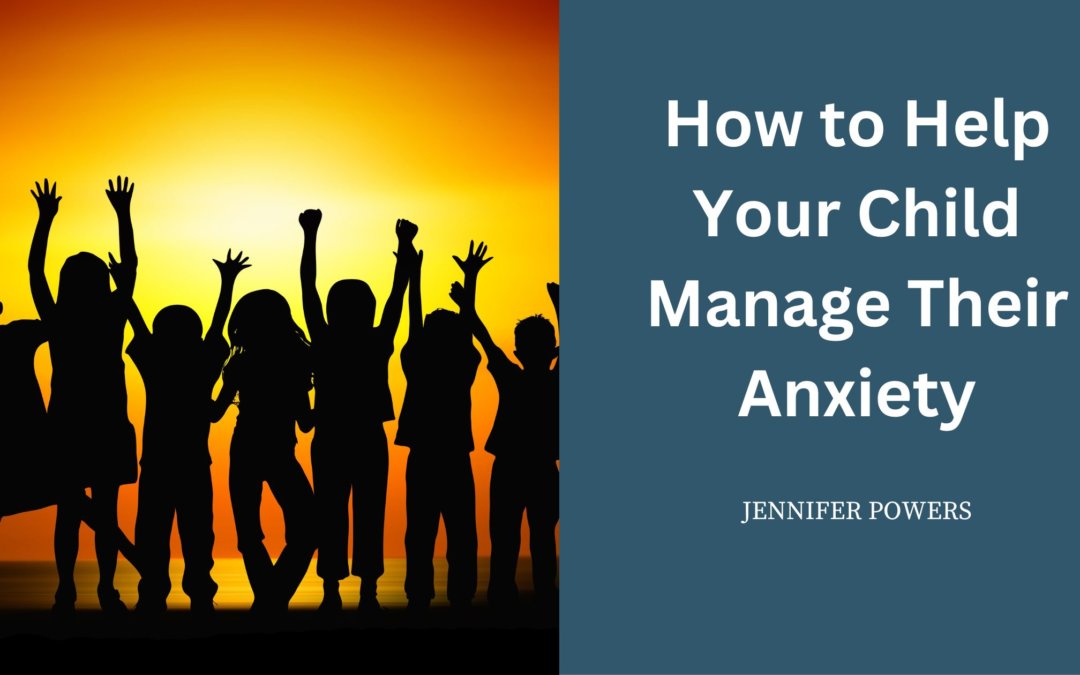Individuals are born with the ability to feel anxious. According to the APA, anxiety is a type of emotion triggered by various factors, such as stress and changes in one’s physical and mental health.
Although anxiety is a normal part of life, it can affect one’s ability to complete various tasks. Having it can also help one identify and respond to threats. For instance, having anxiety while traveling during a snowstorm can help one avoid risky driving behaviors.
Anxiety before a test is helpful, as it can motivate one to study. However, experiencing overwhelming and excessive amounts of anxiety can lead to various problems in daily life.
Signs and Symptoms
Like adults, teenagers and children may have excessive anxiety about various factors, such as school performance, safety, and their future. Some of the most common signs of anxiety include fatigue, irritability, and lack of confidence.
When children and teenagers experience significant amounts of anxiety, they may experience various physical symptoms. These include stomach aches, headaches, dizziness, nausea, chest tightness, and restlessness.
What to Do
Recognizing the triggers that cause anxiety can help parents and children identify the condition and develop effective strategies to manage it.
Understanding children’s feelings and thoughts can also help parents and children develop effective strategies to manage their anxiety by listening to and understanding them. Try talking to your children about the unhelpful thoughts they’re experiencing. For instance, they might think about how they will fail their test. Identifying their unhelpful thoughts can help you develop more realistic strategies with them.
Children can come up with their conclusions if asked to analyze all the available evidence.
Being able to self-realize is more potent than telling children they will not fail their tests.
Encourage your child to develop a more helpful and realistic thought, such as, “Even though I’m afraid I might fail, I’m going to prepare myself, and I’m going to perform my best on the test.” This will help them realize that they can still pass.
One of the most effective ways to help children relieve their anxiety is by having them practice deep belly breathing. This type of exercise can help them relax and think more clearly.
Role-play scenarios that frighten children so they can prepare for the worst. These could include asking for help, going to a restaurant, or buying a ticket to a movie.
What NOT to Do
It’s important to avoid labeling their feelings, experiences, and thoughts as either good or bad. For instance, do not tell them it’s bad to think they will fail. Instead, help them think of something more positive and helpful.
Don’t minimize your children’s experiences, as their feelings are real. It’s also vital to face difficult situations with compassion and kindness. Meeting kids with empathy can be helpful when they are feeling scared.
You and your children are not alone. The primary care physician of your child will be able to help you and your kids through this.
